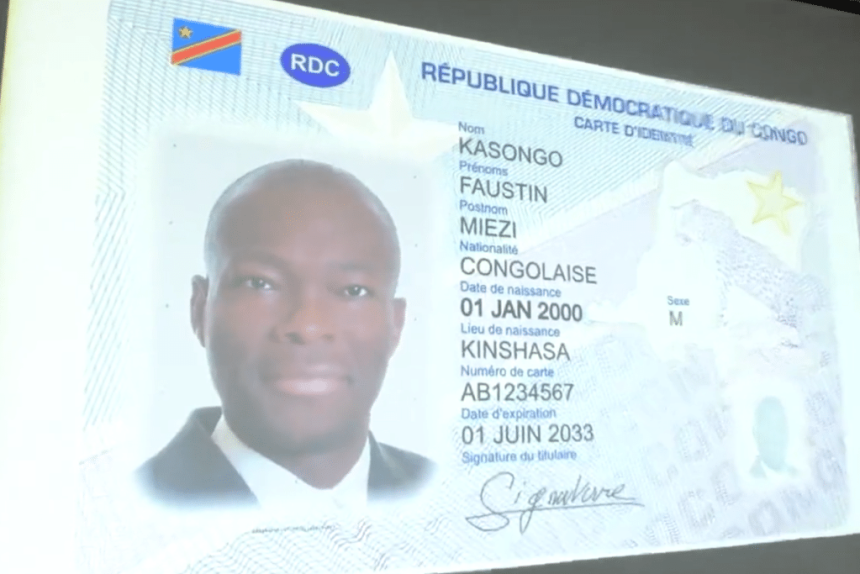The Democratic Republic of Congo has canceled a $1.2 billion project for a national biometric ID system. The project was canceled after a government watchdog warned of cost overruns and funding irregularities.
Details
The project was being managed by Biometrics Provider Idemia where they planned to build a civil registry and print ID cards.
What They’re Saying
According to Richard Ilunga, the Director General of Congo’s National Office for Population Identification, the project was annulled on August 12. He gave no reason was given for the cancellation.
Flashback
A report had been published following investigations of financial mismanagement surrounding a series of failed ID projects in Congo.
The World Bank declined to contribute financing to the project because of the lack of a competitive tendering process.
A leaked document highlighted in the proposal contract from Idemia and another firm called Afritech, included “flagrant overpricing” and the risk that the contract would end up as an “enormous scam.”
Why This Matters
Congo has no national ID system, making it harder for citizens to open bank accounts, secure official documents, or register to vote.
By The Numbers
The estimated cost of the project was $1.2 billion which was more than three times the original estimate. It would have been one of the most expensive digital identity contracts in history.
Source: Bloomberg
Catch up on news and other tidbits on our WhatsApp Community Page, Twitter/X, and subscribe to our weekly newsletter to ensure you don’t miss out on any news.










